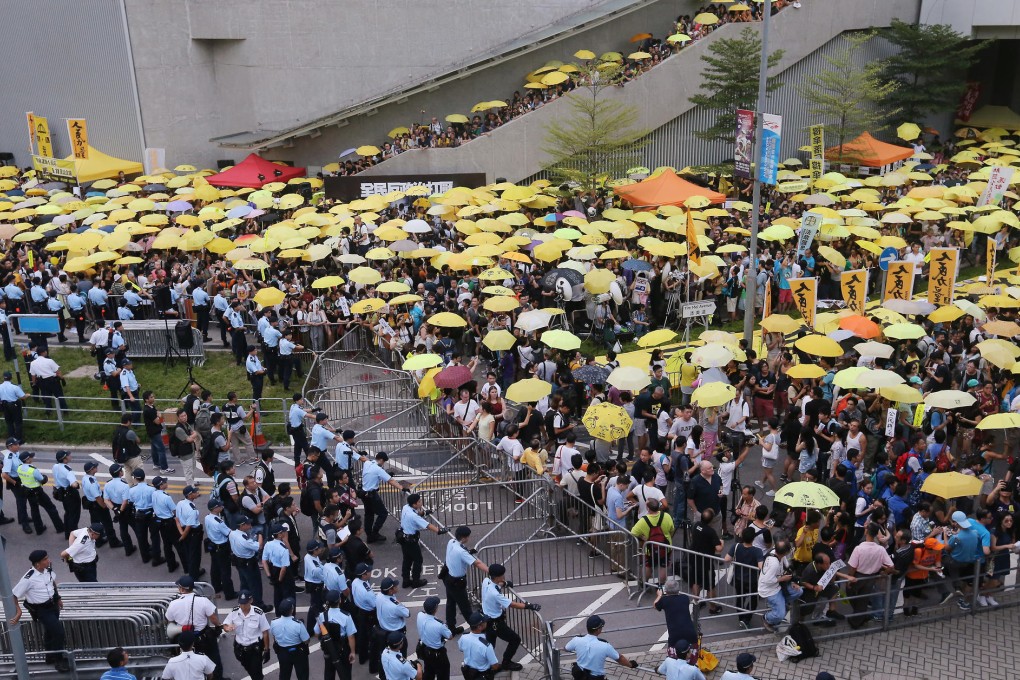
Predictions that Hong Kong's population will peak at 8.2 million in 2043 and then start to decline could lead to serious social problems, especially with regard to a shrinking workforce.
With a low birth rate, these problems will get worse. The government has to start preparing as soon as possible for the effects of an ageing population.
We need to come up with incentives to try to raise the birth rate. This could come in the form of tax concessions for each child born.
Some may argue that the government should set up programmes to attract overseas talent but this may not be a good idea in the long term since there would be too great a reliance on migrants.
While the need for housing is pressing, so too is the need for well-equipped hospitals with enough experienced doctors and nurses. The building of hospitals and training of medical staff should be a priority.
Although it is good that the life expectancy of Hongkongers will increase, it will create a heavy financial burden. The government can save money in the coming years by spending less on everything except health care, education and promoting a higher birth rate.